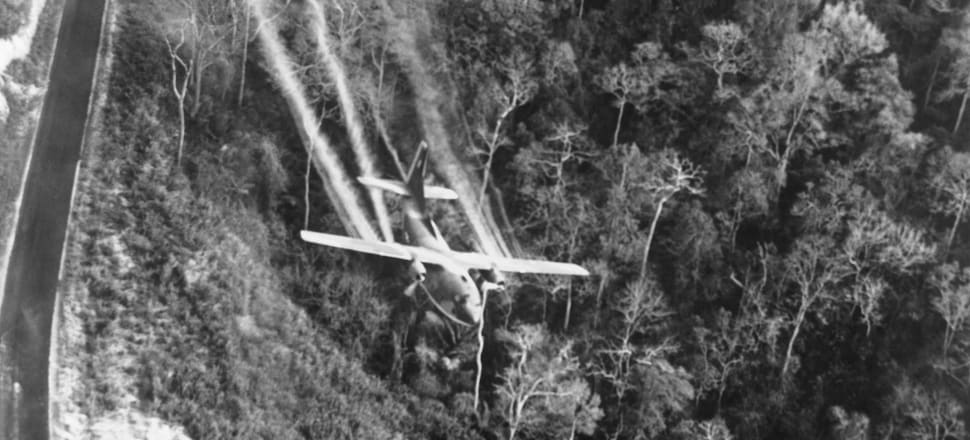
Government looks to block the inclusion of conditions like type-2 diabetes and prostate cancer caused by toxic jungle defoliant, as payments threaten to blow out to $44 million or more
Agent Orange was used extensively by the US military as a so-called defoliant during the Vietnam War. In 2006, a Memorandum of Understanding between the Crown and New Zealand’s Vietnam veterans created a payment of $40,000 to those diagnosed with conditions linked to the chemicals, based on a list developed in the United States.
Last year, for the first time since the memorandum was signed, two new conditions were added. One of which was hypertension – or high blood pressure.
The Veterans’ Affairs department received a claim from a veteran with hypertension and the Government had no choice but to pay up.
“The Crown has no discretion or ability to decline or to refuse to make an ex-gratia payment if a veteran meets the criteria of having served in Vietnam and having been diagnosed with a prescribed condition, whether that condition was listed as a prescribed condition when the memorandum was signed, or whether it became a prescribed condition at a later date,” the Cabinet Social Wellbeing Committee noted in November last year.
Veterans’ Affairs held records of 771 Vietnam veterans with hypertension, 738 of whom had not previously received an ex-gratia payment.
It estimated the cost of paying them out at $29.52 million and the amount was allocated in this years’ Budget. The Government moved pro-actively to pay those who were eligible.
However, 261 more applications came through in the same financial year, and the department had to borrow an extra $8.4m. The committee called the applications “unexpectedly high”.
“It has quickly become clear that the number of veterans formally recorded by Veterans’ Affairs as having hypertension, on the basis of which funding from Cabinet was sought in November 2021, was significantly fewer than the number who are now making claims,” it noted in April.
To date, Veterans Affairs has paid $32.8m to 820 veterans. A further $3m each year for the next three years has been added to the Budget to account for future claims.
Up until hypertension had been added to the list, only 97 payments had been made since 2006, totalling $3.8m.
Cabinet estimated just over half of living Vietnam veterans may eventually be diagnosed with hypertension and the payout would be in the vicinity of $44 million.
“Should all living Vietnam veterans who have not yet received an ex-gratia payment become eligible at some stage in their lives, the estimated cost could be $80.28 million,” officials said.
Veterans’ Affairs Minister Meka Whaitiri said no additional funding would be required over and above what had already been allocated.
Changing the rules
After the unexpected blowout Cabinet requested a re-think of the system.
“Cabinet requested that the Crown work with the other two parties to the memorandum, the Royal New Zealand Returned and Services’ Association and the Vietnam Veterans’ Association.
“Parties were to develop a process to consider whether any new conditions determined by United States research to be associated with Agent Orange exposure should become prescribed conditions under the memorandum, before those conditions are accepted as qualifying a veteran for an ex-gratia payment; and to amend the MoU with the agreement of the parties.”
Vietnam Veterans' president Andrew Peters said other conditions like type-2 diabetes and prostate cancer were being researched overseas and could also be recognised as effects of Agent Orange.
“If they come out, you can imagine it's so common practically every veteran or family will qualify. So it's going to be a huge payout ... it's going to be a big wake-up to the Government.”
He said there were still a number of things to work out.
“I've got a group. We're working on this. And we're going to talk to the Government. There are a number of grey areas and we need to clear all this up.”
Sir Jerry Mateparae has been appointed as the Crown representative to work through any changes, but the group has yet to meet.
There are seven approved conditions that qualify veterans for the payment. Each veteran can receive only a single payment regardless of whether they suffer from more than one condition.







